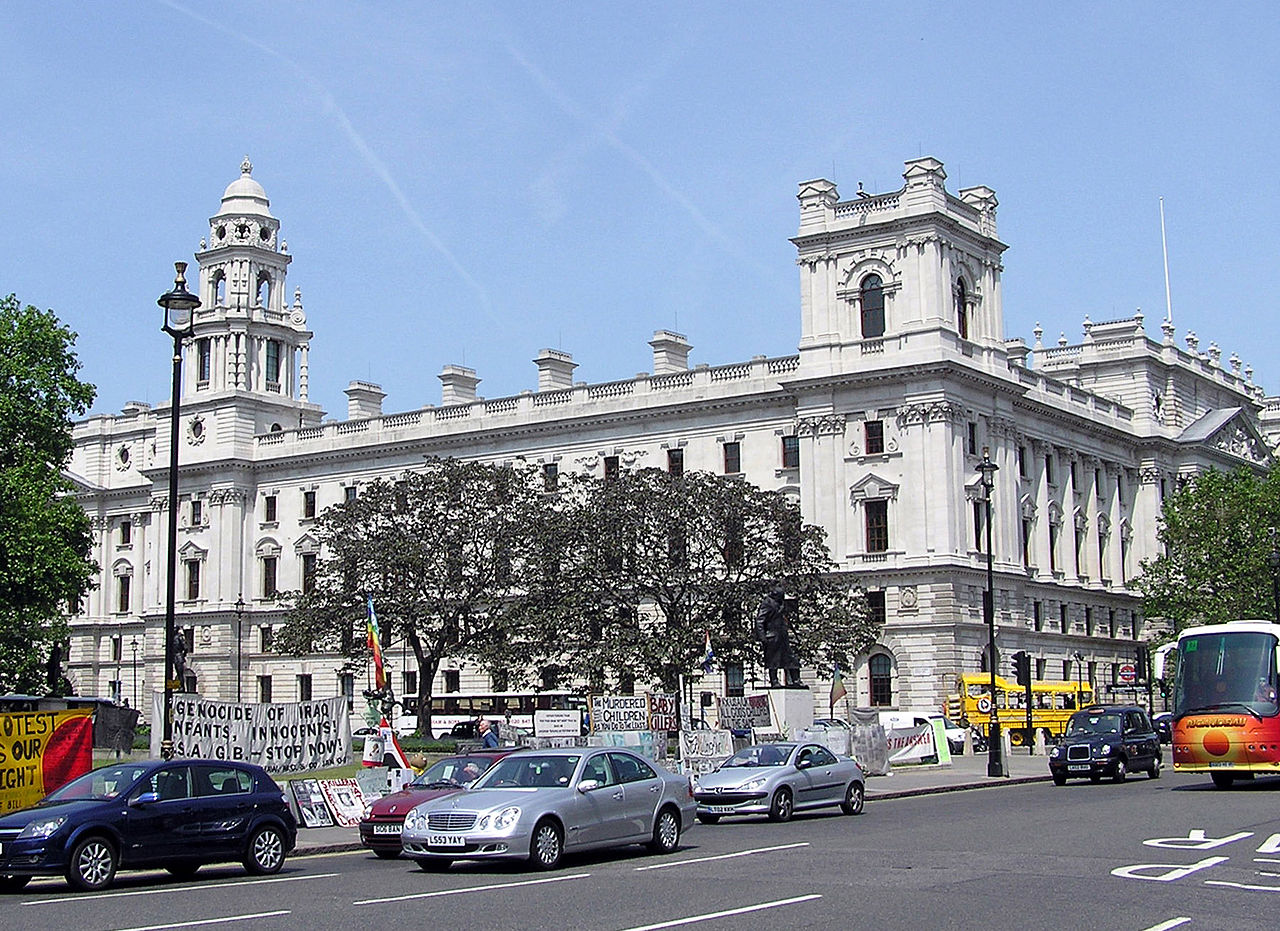11 March 2021
A Cunning Deduction
At last – an economic plan.
by Frank O’Nomics
“I’ve just invested in a new computer system for my business”
“Will it make a difference?”
“I’ve no idea but, given the tax relief, if it’s no good I can just throw it in a skip”.
Capital allowances to encourage business investment are nothing new. The above conversation was not recent, but one I had with a business owner over 40 years ago. Clearly the tax regime was much more onerous then, and the businessman in this instance was operating a close company and would have faced still higher personal taxes (83%) on his profits, but the announcement of “super deductions” in the Budget could encourage a similar approach. Investment will need to be more considered, but this could be a very positive change. Finally we may be at the start of a process of tackling the perennial UK Gordian knot issue of: why is our productivity so low?
Hitherto it has been hard to discern any grand plan from Rishi Sunak. His first Budget was invalidated before the ink was dry, and subsequent measures have inevitably been fire fighting rather than long-term planning. Given that those economic fires are still to be doused, no one expected much from last week’s Budget. The Chancellor suggested that he would do what it takes to get us through the economic privation resulting from the pandemic, take steps to put public finances in order, and introduce measures to build for the future. It is impossible to know the full cost of the first objective; making the measures needed for the second inevitably unclear, and building for the future seemingly a pipedream. However, the introduction of capital allowances via a 2-year period of “super-deductions” brings in an idea that just might provide the basis for creating a positive environment for economic growth.
For the UK to stage a longer-term recovery we will need to generate an increase in productivity. Prior to the pandemic UK productivity had been running at its worst level since the industrial revolution, with a growth rate averaging about 0.3% per annum for a decade. The reasons are legion, but a lack of business investment resulting from the lasting effects of the financial crisis and concerns over Brexit certainly played a part. Ultimately, generating business investment is the only way that we can improve our living standards. Past governments have cut corporation tax, leaving more for businesses to reinvest. The problem is that those businesses have either just paid themselves, or their shareholders, rather than reinvesting to grow. This is either because they don’t see a viable return on their investment (in which case the industry is looking obsolete) or that they are not being incentivised to take the risk.
While it may be an idea in its infancy, the prospect of a “super deduction”, which allows firms to deduct 130% of the cost of investments in plant and machinery from their tax bill, may be just what is needed to start to stimulate a turn in the tide of business investment and productivity growth. In this new environment, starting from April 2021, distributing profits to directors or shareholders becomes far less efficient than reinvesting for growth. Long–term investors may like dividends, but they invest in a company because they think it has potential. The OBR has forecast that, at its peak, the super deduction will increase business investment by £20bn a year.
On the government’s side, the raising of Corporation Tax can go further than just helping to address the structural Budget deficit. The additional £60bn pledged to help us through the pandemic last week could potentially be covered over the next 3 years, possibly sooner, if the economy bounces at a greater rate than forecast. The rate could then be cut. However, if 25% still looks like an internationally competitive rate (it will be the lowest in the G7) then the government may wish to look at how the additional cash flow could be used to do its part in solving the productivity conundrum. One of the other reasons for businesses not reinvesting has been that it can be pointless if we do not have a commensurate mutually supportive national infrastructure. By investing more in skills, roads, rail, and power, government funds can be utilised to encourage business growth, thereby creating a virtuous circle.
For this to work businesses need more clarity. It is not clear how small and medium sized companies will access the tax incentive, particularly as there are “additional conditions” to be met by those who buy plant and machinery on credit (one on five does). Critics have pointed out that all the super-deduction does is to bring forward, rather than raise the ultimate total for business investment, and the OBR figures show the cumulative amount achieved by 2026 as £18bn lower than it forecast in November. Such an eeyore-ish view understates the vitality of British businesses but the whole process could be moved up a gear if the government can finally (at the third time of asking) put together a tax credit system for research and development.
A plan? Well at least the basis for one. What may help is that the Budget seems calculated to under-promise and over-deliver. The economy has performed better than the OBR predicted in November, despite the additional lockdowns, and it is possible that the outcome will be stronger still. If this is the case, then the government can start to solve its side of the supply issues sooner. If, in addition, they can get the small print right on a broader comprehensive policy to encourage business investment we may not be off to the races, but at least the horse will be in training.


